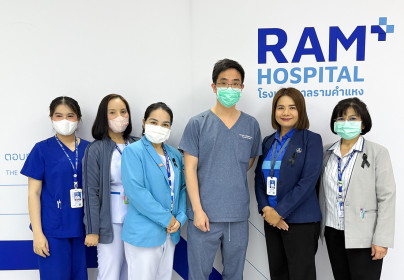Health Checklist! What Health Checks Do I Need? Part 2

Routine health check-ups are essential for preventing and treating diseases, as well as assessing your personal health risks. The best life is a disease-free life.
Health Check-ups by Gender and Age
- For Women: Women, especially those over 35, should have regular screenings for cervical and breast cancer. This is particularly important for those with a family history of breast cancer or who experience abnormal discharge, bleeding, or spotting.
- For Men: Men over 50 should get regular screenings for prostate cancer.
- For Seniors: Seniors should get bone density screening to prevent osteoporosis. They should also see a specialist to assess brain function and screen for conditions like Parkinson's, Alzheimer's, or stroke.

Cancer Screenings
Regular screenings can help detect common cancers early, making them easier to treat and manage: .
1. Cervical Cancer
Women over 20 should undergo regular screening. Early detection is key to taking preventive measures, such as getting the HPV vaccine.
2. Breast Cancer
Women over 20 should perform a monthly self-exam. Starting at age 40, they should get regular mammograms, especially if they have a family history of breast cancer.
3. Colorectal Cancer
A colonoscopy is the most effective way to detect this cancer early. Doctors can remove polyps during the procedure, preventing the need for a separate surgery. Adults over 40 should get regular colonoscopies as recommended by their doctor.
4. Lung Cancer
Lung cancer is often difficult to detect early. Screening is crucial for high-risk individuals, including those over 50, current or former smokers (who quit within the last 15 years), and people regularly exposed to air pollution.
5. Liver Cancer
Early detection is vital for successful treatment. Individuals at high risk should get a screening every six months. This includes those with cirrhosis, Hepatitis B or C, a history of heavy alcohol use, fatty liver disease, and those exposed to aflatoxins (found in moldy peanuts and other grains).

After Your Health Check-up
Follow your doctor's recommendations, especially if any risks or early-stage diseases are found. This may involve medication or lifestyle changes to improve your health.
General Health Tips
In addition to check-ups, a healthy lifestyle can prevent many diseases. This includes eating nutritious food, drinking at least 8-10 glasses of water a day, avoiding processed and high-fat foods, exercising regularly, getting enough sleep, and managing stress.






